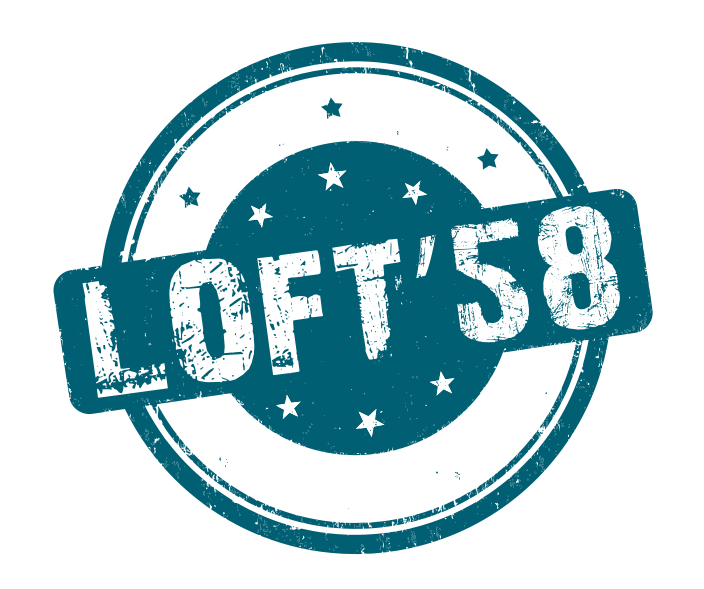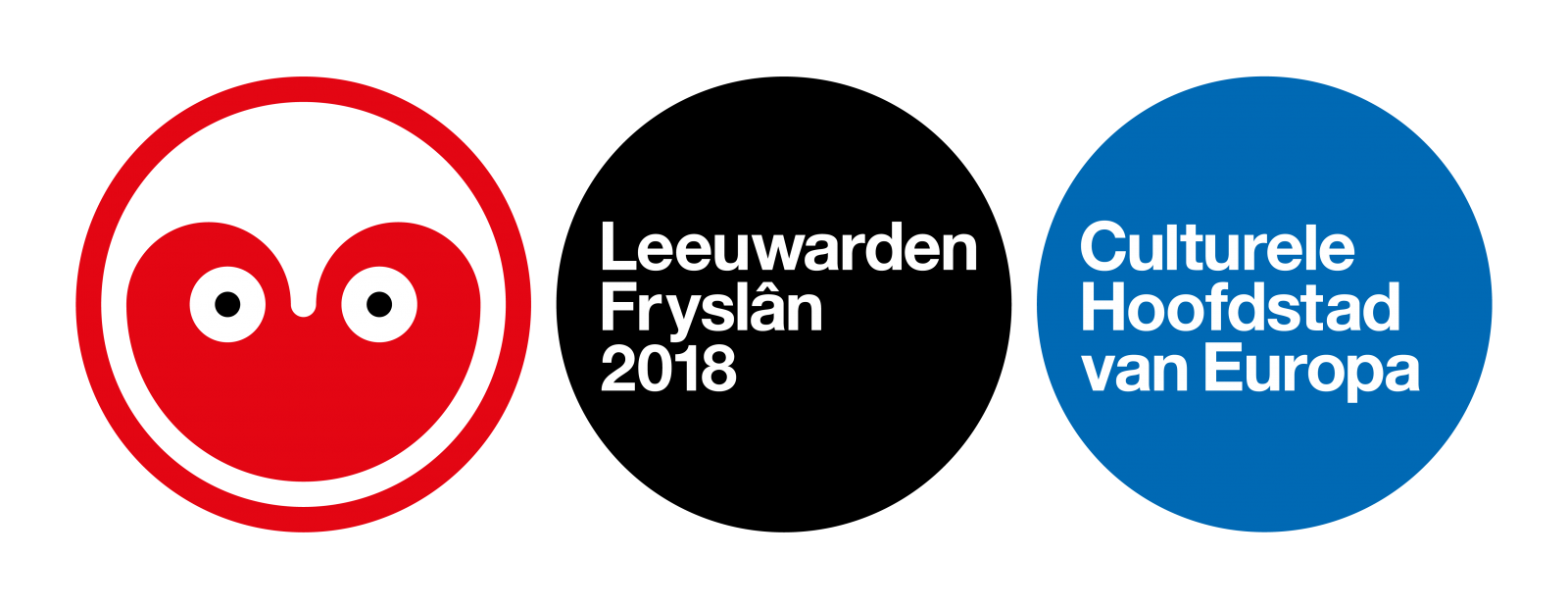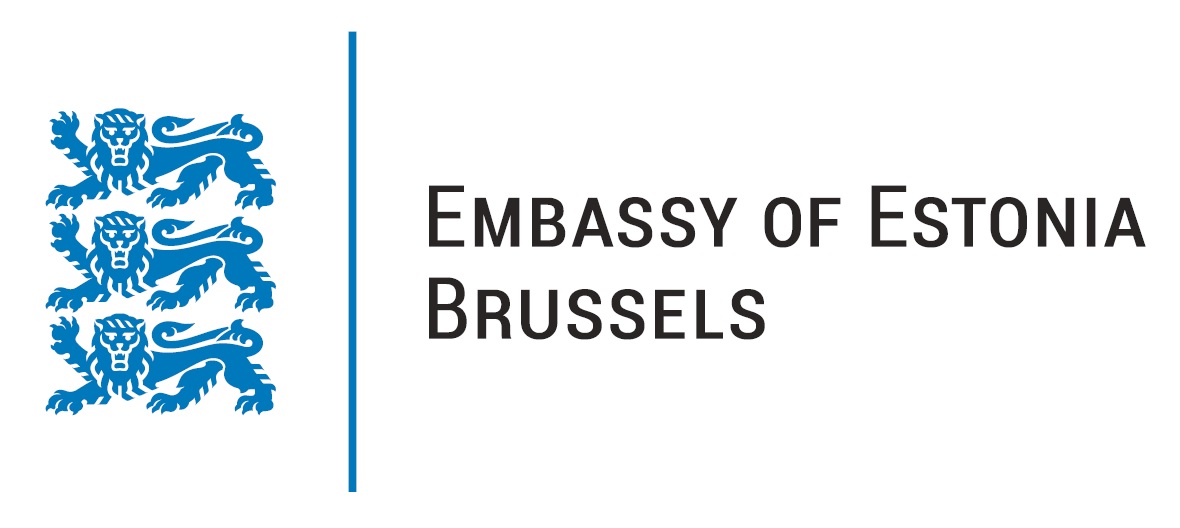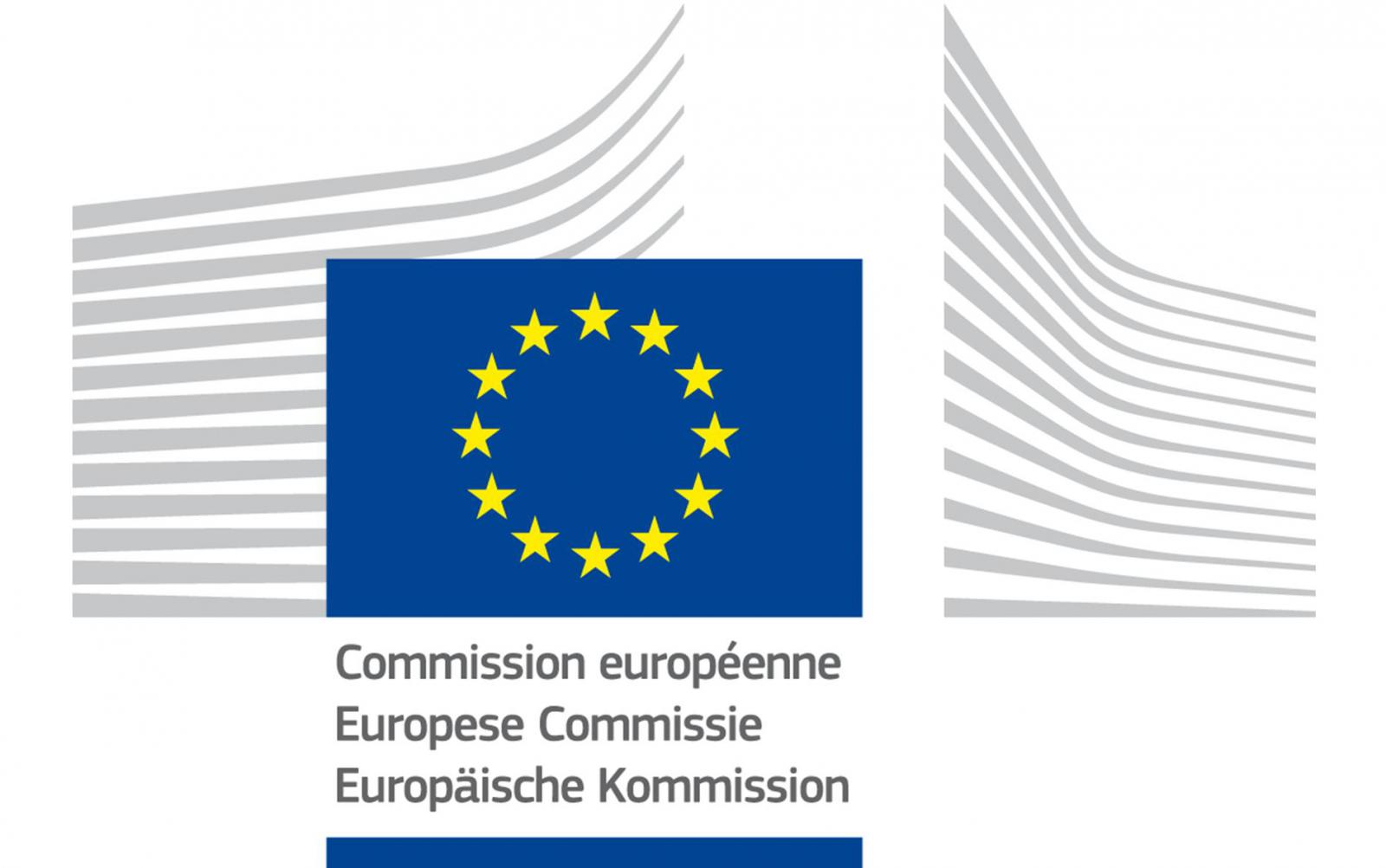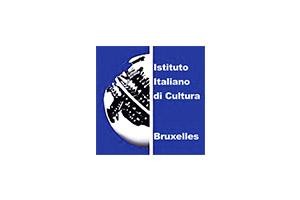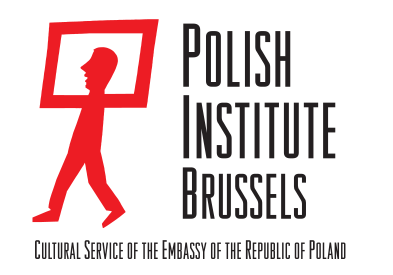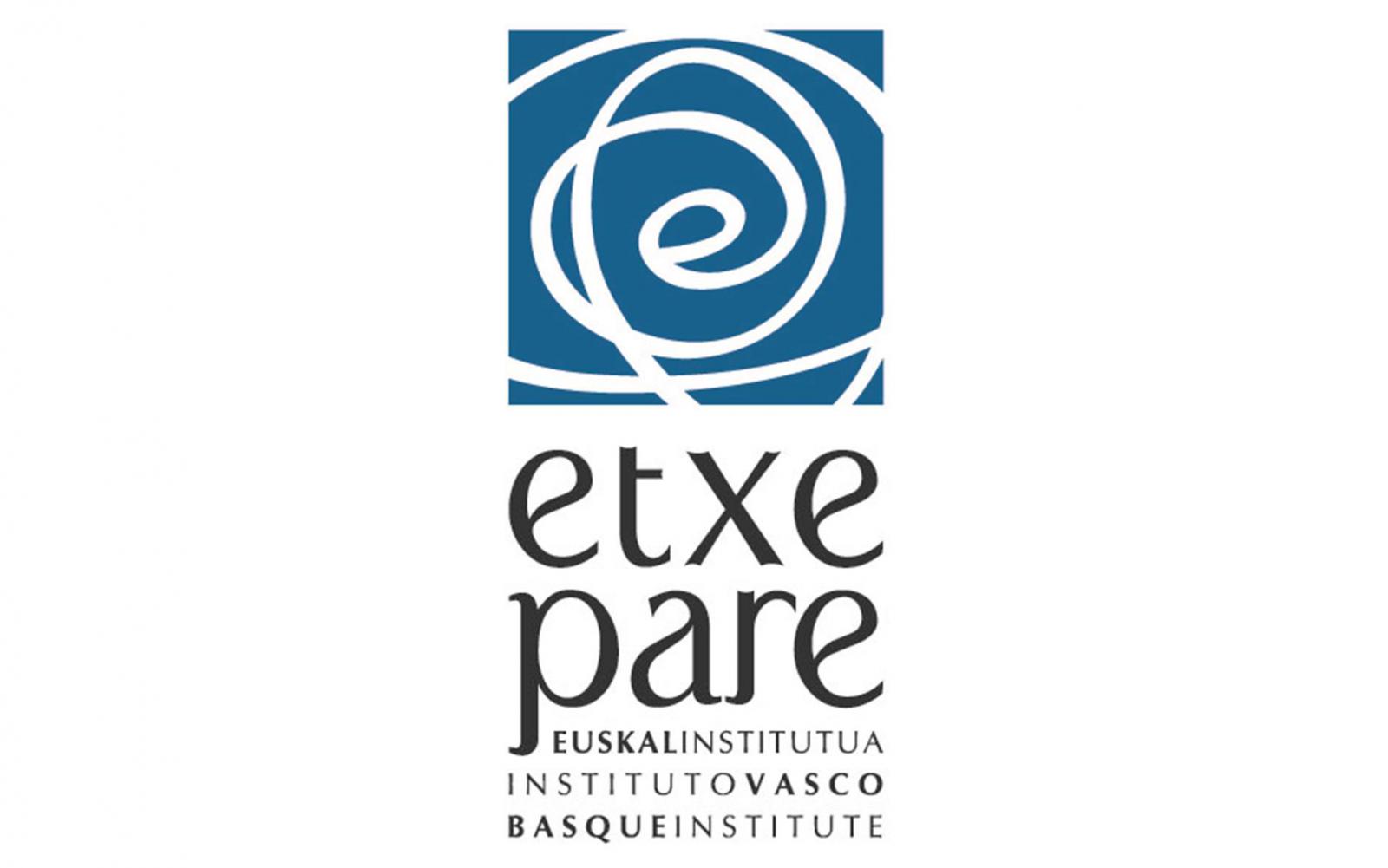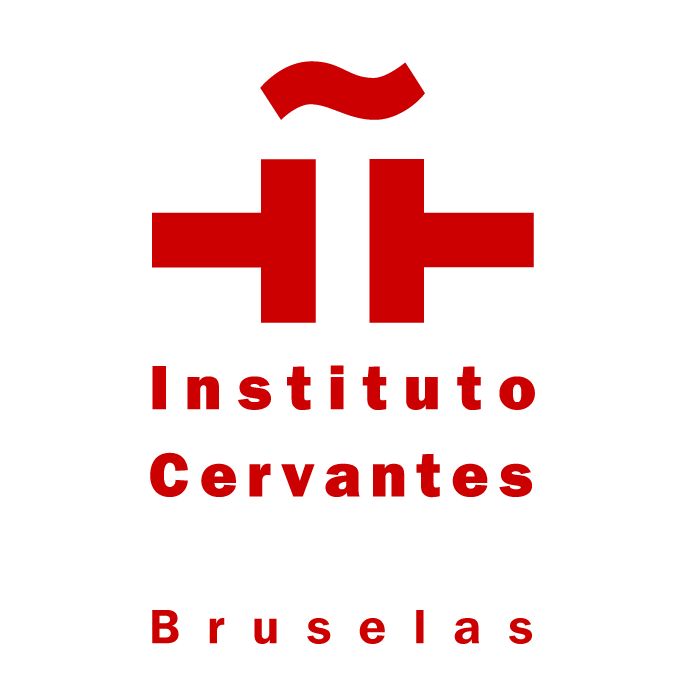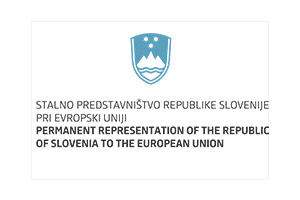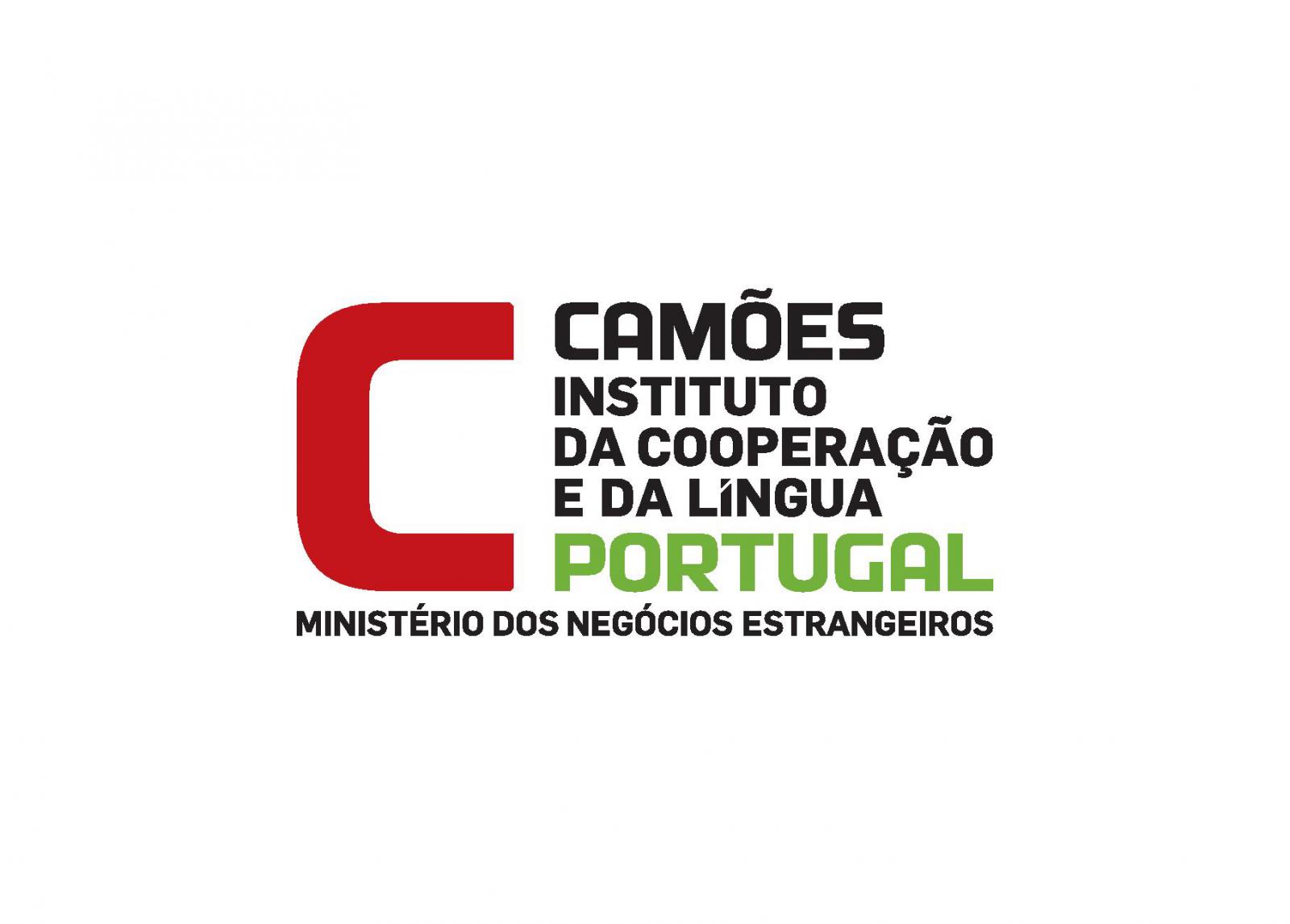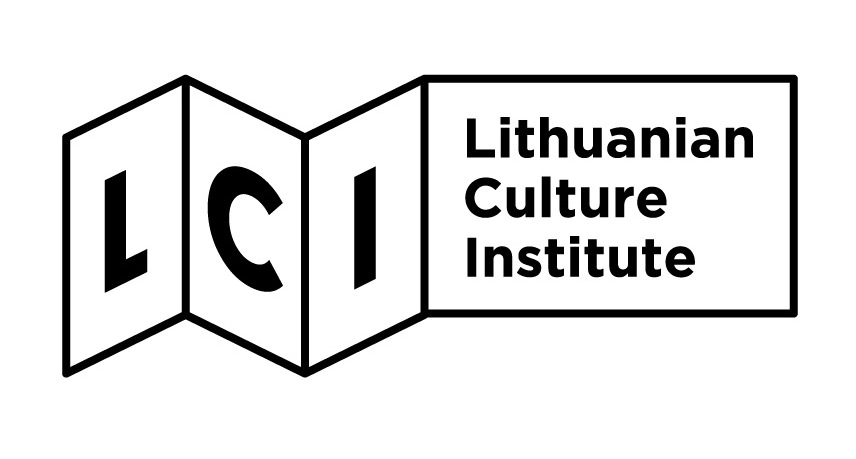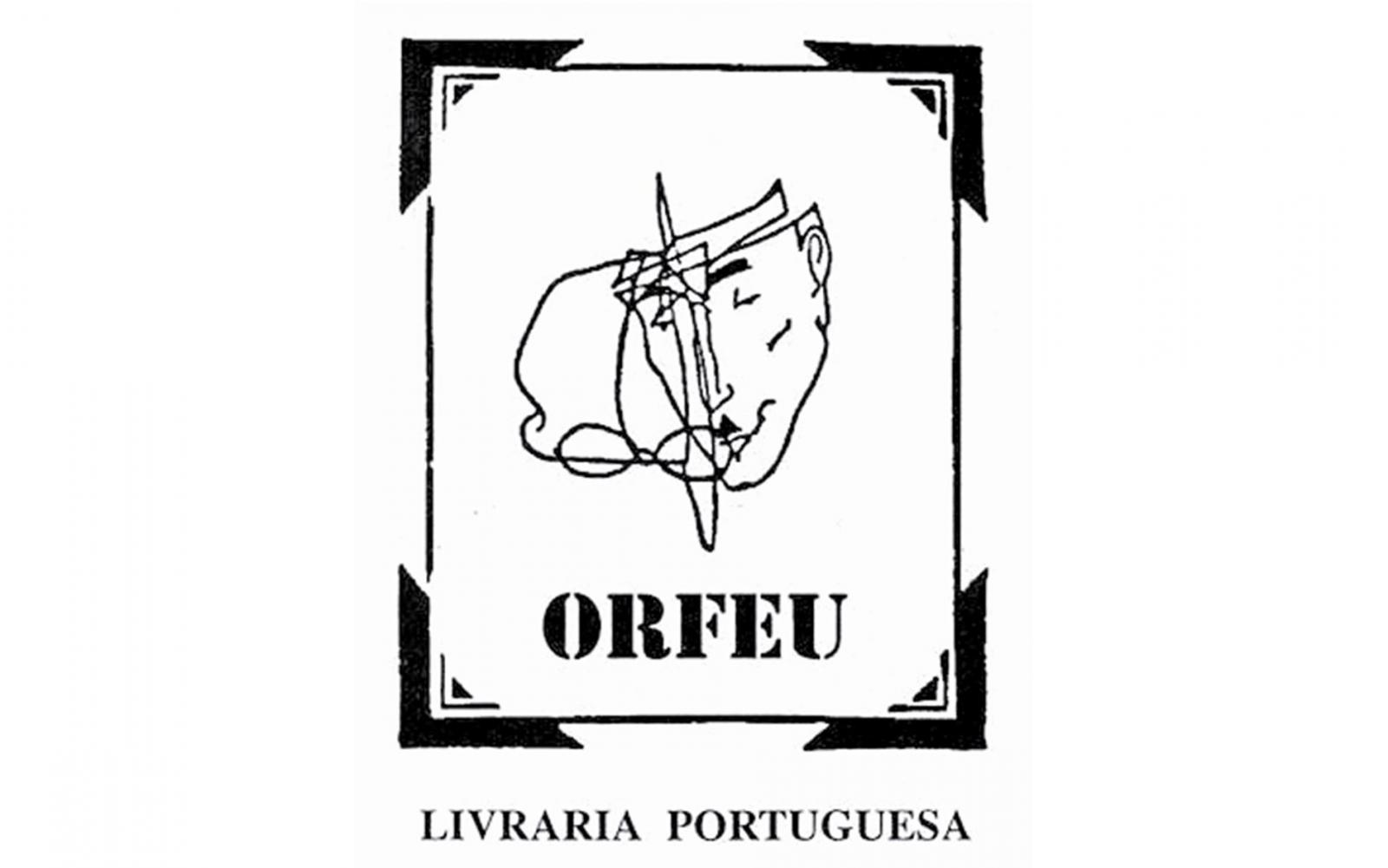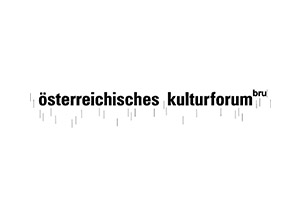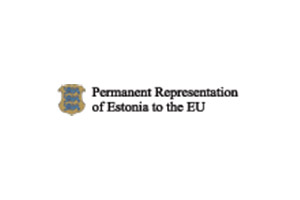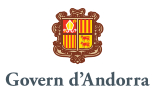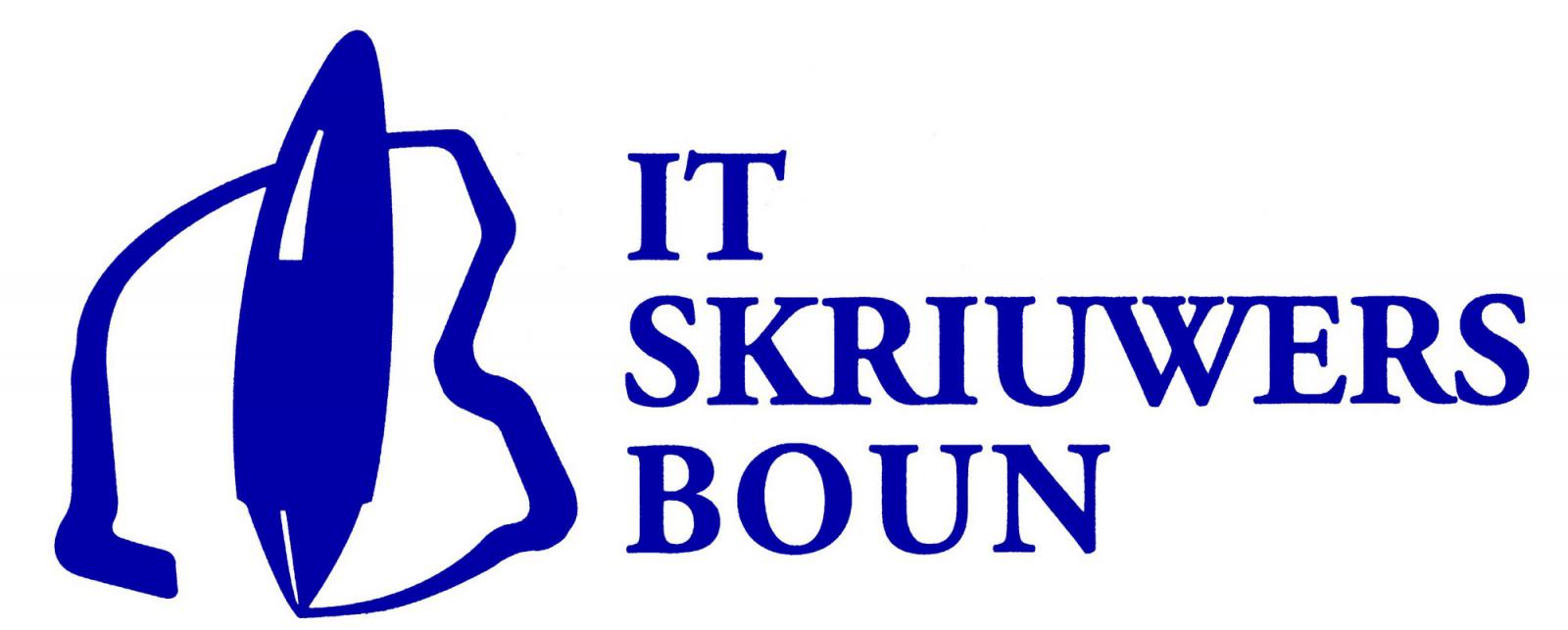Find a poet
Latest updates
-
TRANSPOESIE 2025
09/24/2025 -
Transpoesie 2025 - Programme
09/24/2025 -
Transpoesie 2025 - Open Call
04/16/2025
Fiston Mwanza MUJILA
*1981 in Lubumbashi (Demokratische Republik Kongo) studierte Literatur und Humanwissenschaften. 2007 verließ er den Kongo, lebte dann u.a. in Belgien, Deutschland, Frankreich, Osterreich. 2009/2010 war er Stadtschreiber in Graz. Mujila schreibt Gedichte und Kurzgeschichten, seit kurzem auch für das Theater. Auswahlbibliografie : Poèmes et rêvasseries. (Lingua Editiones, 2008), Nach dem Sturm. Fiston Mwanza und Autoren aus den Justizanstalten Graz-Karlau und Garsten (Leykam Verlag, 2010), Craquelures. (L’Arbre à paroles, 2011), Le Fleuve dans le Ventre / Der Fluß im Bauch. (Édition Thanhäuser, 2013), Tram 83, (Métailié, 2014).
In seinen Texten reflektiert Fiston Mwanza Mujila das Chaos, die Bürgerkriege, die Jahrzehnte der Diktatur von Mobutu, die seine Heimat seit der Unabhängigkeit von Belgien 1960 prägten. Immer wieder umkreist er die Themen Einsamkeit und Exil, im zweisprachigen Langgedicht „ Le Fleuve dans le Ventre/ Der Flu ß im Bauch“ strukturieren sie als prägende Elemente den Text. Hier erzählt eine Ich-Figur von Kindersoldaten, Krankheit, Entstellung „und immer wieder vom Fluss Kongo, der für Leben und Identität in ihrer Bedrohtheit steht. Das Ich trägt diesen Fluss «im Bauch», um ihn von Zeit zu Zeit auszuspeien, so wie es den Schmutz der Geschichte und ein verdorbenes Essen ausspeit.“, so Ilma Rakusa in der NZZ. Über den Kongofluss sagt Fiston Mwanza Mujila selbst: „ Dieser Wasserlauf hat mich so stark inspiriert, dass ich mich dazu verpflichtet fühlte, ihm eine Gedichtsammlung zu widmen […] Es gibt eine Ambiguität in diesem Fluss […]. Für einige symbolisiert er die Größe Afrikas und könnte den ganzen Kontinent ernähren. Aber er streikt, macht nichts. Wenn Konflikte ausbrechen, macht er sich daran, die Leichen fortzuschaffen. […]“
Mujilas Arbeiten sind poetische Reaktionen auf die politischen Verwerfungen in seiner Heimat, auf Hunger und Gewalt und die Verheerungen im Leben der Menschen. Der Sound seiner Sprache speist sich aus den traditionellen Klängen und Melodien des Kongo ebenso wie aus modernen literarischen Strömungen oder Strukturen des Rap.
Fiston Mwanza Mujila © Leonhard Hilzensauer. Paul Zsolnay Verlag
Fiston Mwanza MUJILA (1981, Lubumbashi, Democratic Republic of Congo), where he studied Literature and Human Sciences at Lubumbashi University. He now lives in Graz, Austria, teaches at University of Graz and is pursuing a PhD in Romance Languages. His writing has been awarded with numerous prizes, including the Gold Medal at the 6th Jeux de la Francophonie in Beirut as well as the Best Text for Theater (State Theater, Mainz) in 2010. His poems, prose works, and plays are reactions to the political turbulence that has come in the wake of the independence of the Congo and its effect on day-to-day life. His debut novel Tram 83 was a French Voices 2014 grant recipient and won the Grand Prix du Premier Roman des SGDL, and was shortlisted for numerous other awards, including the Prix du Monde. Tram 83 has drawn comparisons to Fitzgerald, Céline, García Márquez, Hunter S. Thompson and even a painting by Hyeronimous Bosch or a piece by Coltrane.

 Leonhard Hilzensauer_ Paul Zsolnay Verlag.jpg)

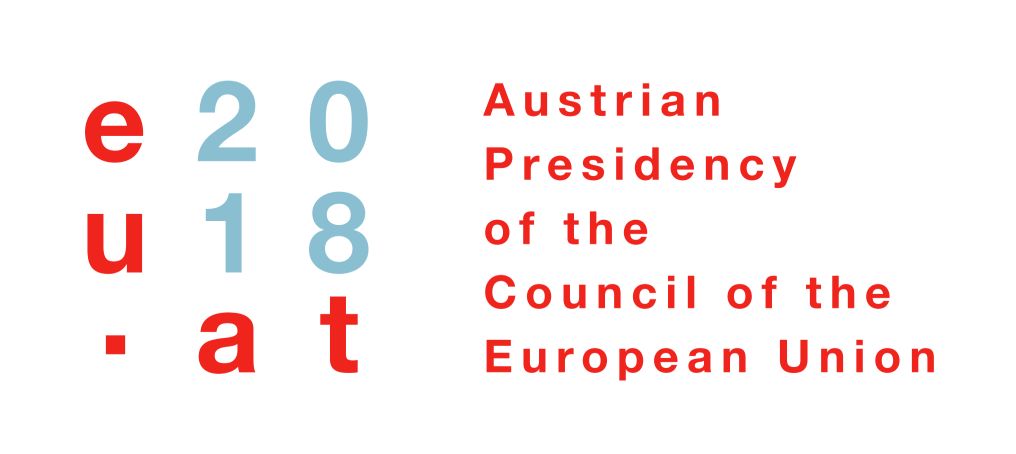

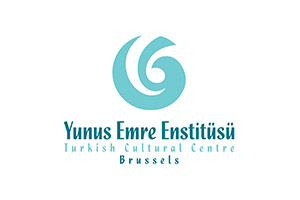
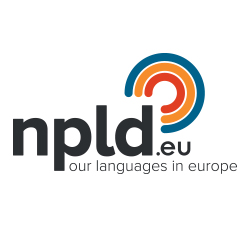
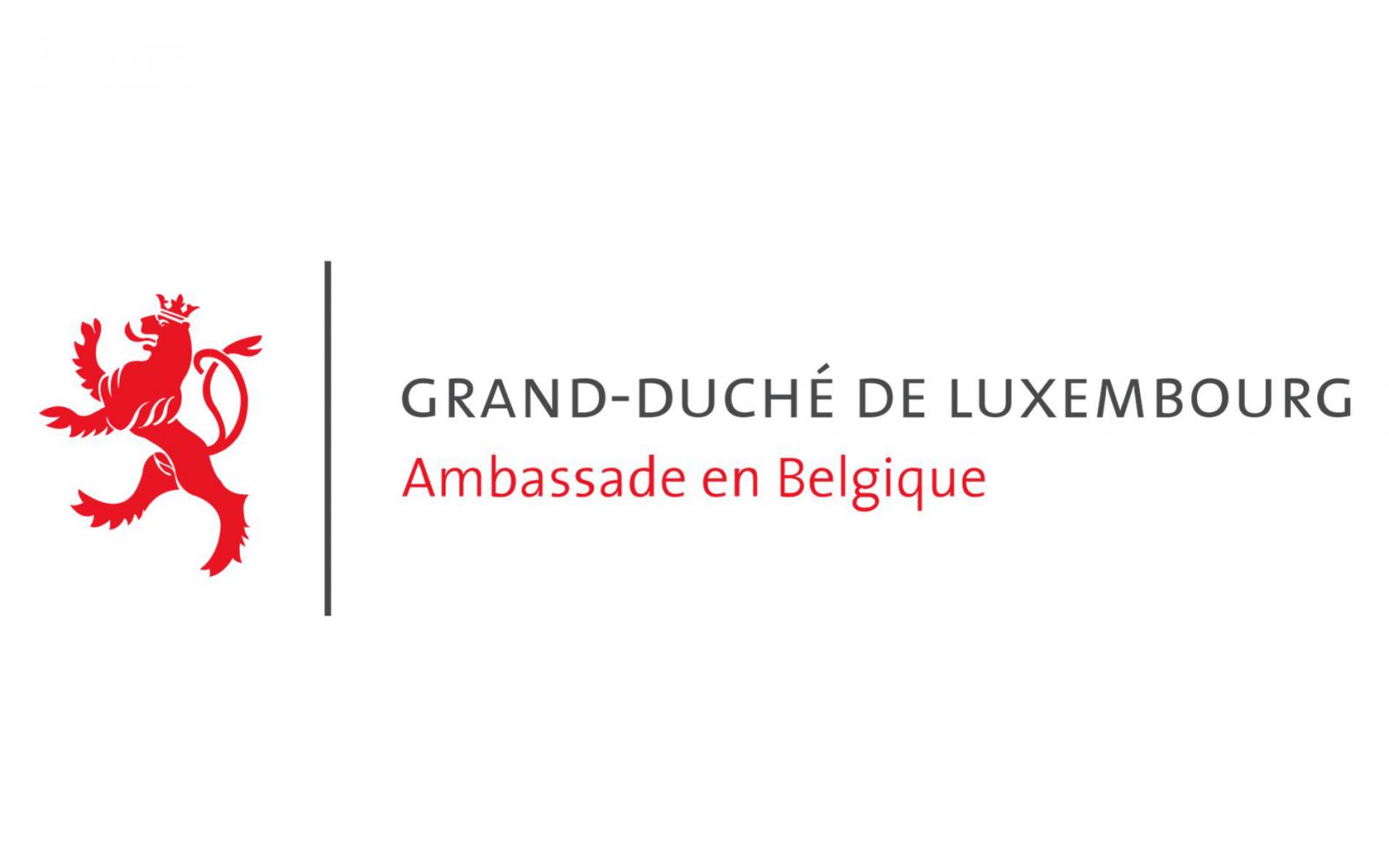
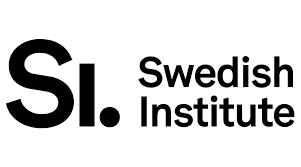
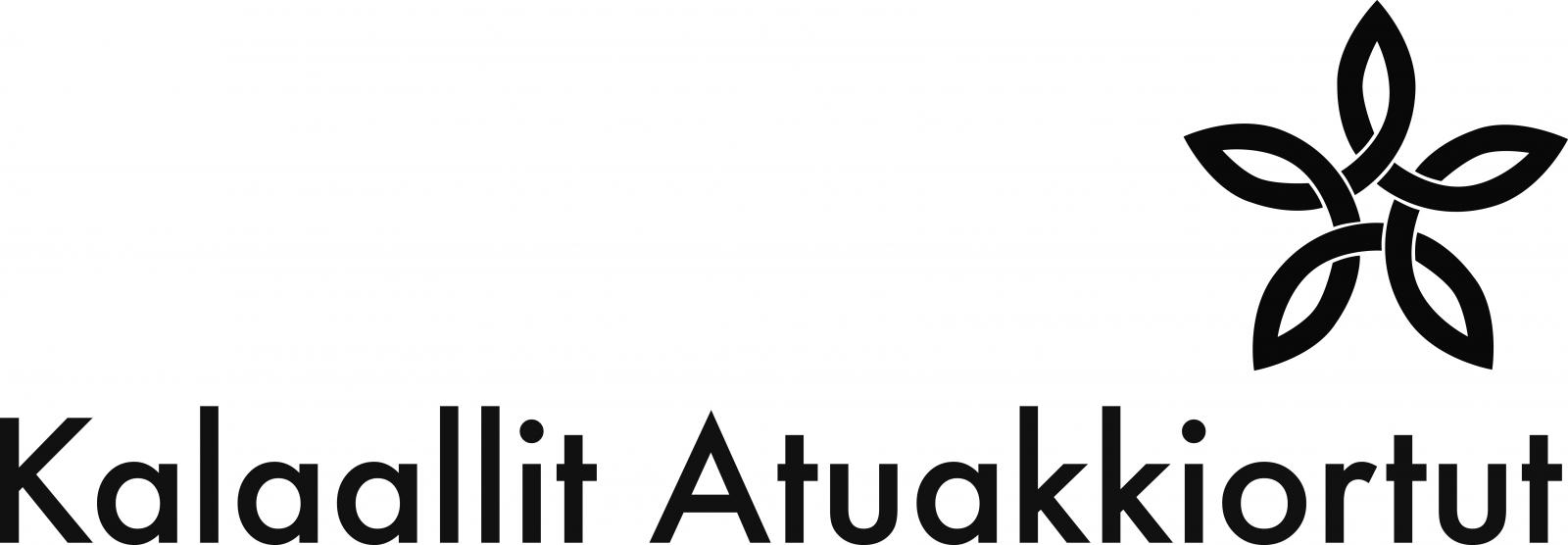

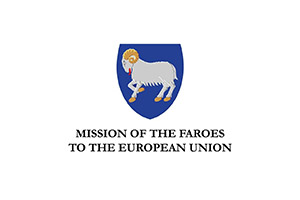
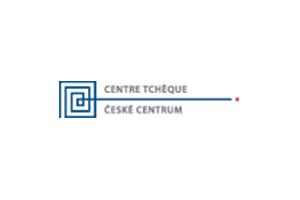
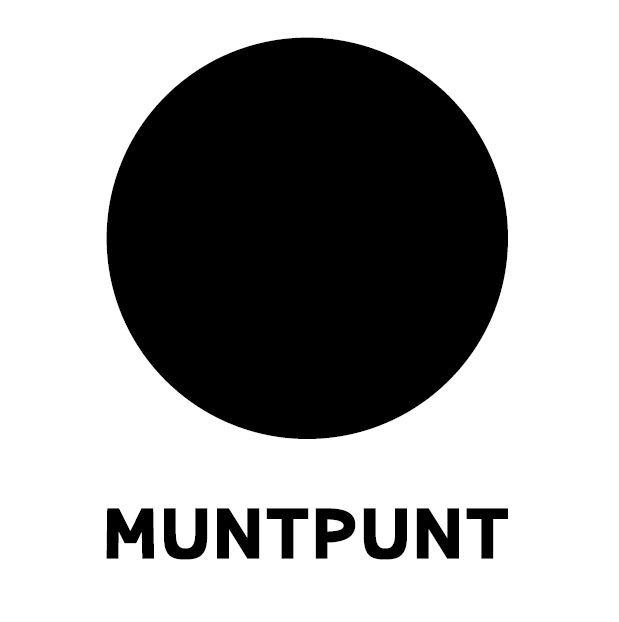


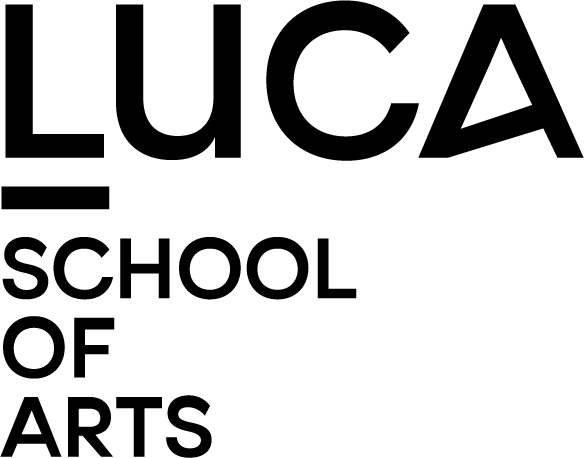
/RO - on the website.png)
